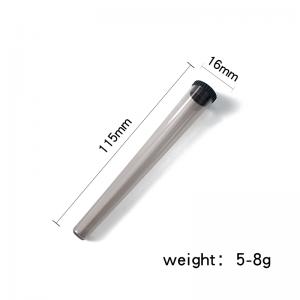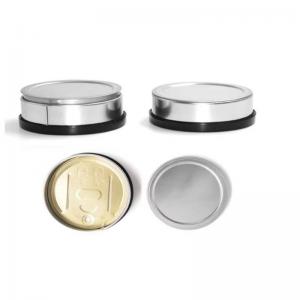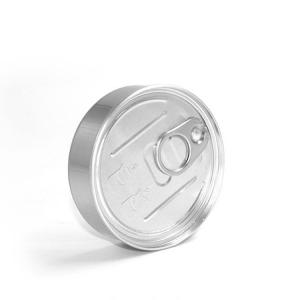Last week, the US Drug Enforcement Agency (DEA) set a hearing date of December 2nd to solicit opinions on the proposed historic changes to federal drug policy. This hearing date means that the final decision may be made during the next government term. This has made the presidential candidate's stance on marijuana a new focus. Vice President He Jinli supports the decriminalization of marijuana and calls it "absurd" to classify it as a Class I drug alongside heroin and LSD. The position of this Democratic candidate has changed in recent years. She has supervised the enforcement of marijuana laws and opposed the legalization of adult recreational use of marijuana during her 2010 campaign for California Attorney General. Trump, the Republican candidate, expressed his support for the legalization measures in Florida last Saturday. He had previously said that more and more people should not be imprisoned for the use of drugs that have been legalized in many states, "no matter whether it is a good thing or a bad thing." During his presidential campaign in 2016, Trump expressed his support for medical marijuana and believed that the issue of marijuana should be decided by the states. But during his first term, then Attorney General Jeff Sessions canceled an Obama era policy that prevented federal authorities from cracking down on the marijuana trade in states where marijuana is legal. Trump's campaign team did not immediately respond to questions about its position on reclassification of cannabis. The Department of Justice proposed a reclassification in May, stating that this change would recognize the medical value of marijuana and acknowledge that its potential for abuse is lower than some of the most dangerous drugs in the United States. The proposal not to legalize the recreational use of marijuana was put forward after Biden called for a review, calling the change a "milestone". The US Drug Enforcement Administration stated that it has not yet determined whether to implement this reform and will continue to weigh this issue in the federal rule making process. The new classification will be the most significant shift in US drug policy in 50 years, especially for young voters, and may become a powerful political issue. But it faces opposition from groups such as' mart approaches to Marijuana '.
The chairman of the organization, Kevin Sabet
Sabet believes that there is not enough data to support categorizing marijuana as a low-risk third class drug, similar to ketamine and some synthetic metabolic steroids. He stated that the DEA's decision to hold a hearing is a "huge victory for us to guide this decision through medical science rather than politics. He added that 18 state attorneys general support his opposition stance. The hearing has caused confusion among some participants in the cannabis industry, but they are not surprised by the DEA's decision to hold a hearing. This proposal was signed by Attorney General Merrick Garland instead of DEA Director Anne Milgram, and follows the recommendations of the US Department of Health and Human Services. In recent years, federal drug policies in the United States have lagged behind those of many states. Currently, 38 states have legalized medical marijuana and 24 states have legalized its recreational use.
Due to the decriminalization and increasing acceptance of marijuana, legislators from both major political parties are pushing for this change. Last year's Gallup poll showed that 70% of adults supported marijuana legalization, the highest level recorded by the survey company and more than twice the support rate in 2000. The cannabis industry is also growing rapidly, and companies holding state licenses are keen on reclassification, partly because it may allow them to enjoy federal business spending tax breaks that do not apply to businesses engaged in "trafficking" any first or second class drugs. For cannabis lawyer Brian Vincent
For some clients of Vicente, this change can actually reduce the tax rate from 75% to 25%.
Some advocates for marijuana legalization also hope that reclassification can help persuade Congress to pass legislation aimed at opening up banking services to marijuana companies. Currently, the legal status of marijuana makes many federally regulated banks unwilling to provide loans to these businesses, and sometimes even do not offer checking accounts or other basic services. Reclassifying may also make it easier to study marijuana, as it is difficult to authorize clinical studies for Class I drugs. Some advocates for medical marijuana patients are concerned that this discussion has become highly politicized, and the focus on the potential impact of reclassification on the industry has diverted attention from patients who may benefit.
We hope to ultimately take the next step in creating the nationwide medical marijuana program we need, "said Americans for Safe Cannabis
Stephen Schaller, founder and chairman of Access
Sherer stated. The organization advocates for the inclusion of marijuana as a separate drug category and the establishment of a medical marijuana office within the Department of Homeland Security.


 English
English français
français Deutsch
Deutsch русский
русский italiano
italiano español
español português
português Nederlands
Nederlands 日本語
日本語 한국의
한국의











 2024-10-09
2024-10-09
 Online service
Online service +86 15375471059
+86 15375471059

